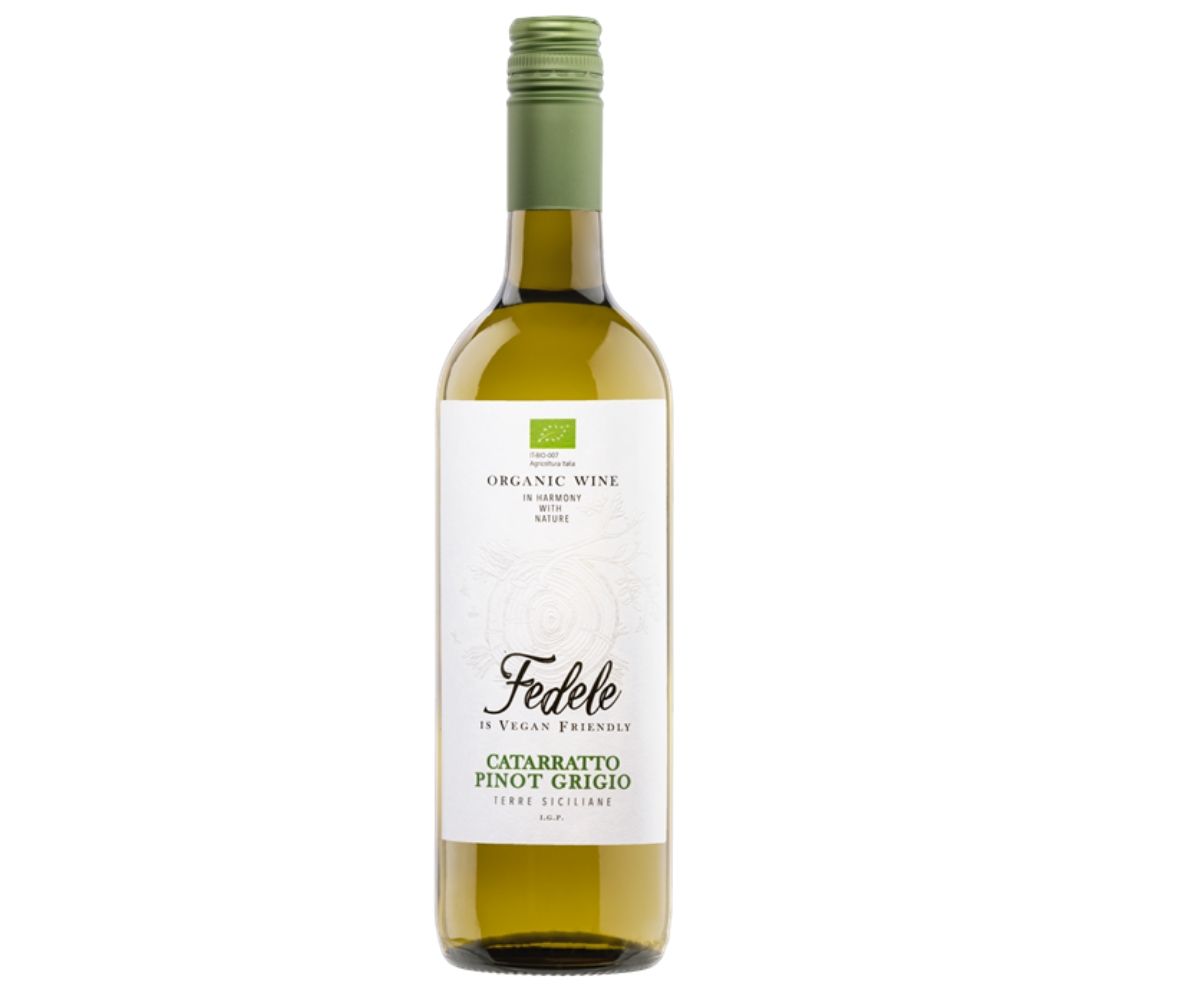Does Organic Wine Really Taste Better?

When it comes to organic labelling of products, Australian consumers have become accustomed to paying a premium for the ecolabel on the packaging but somewhat ironically, it has been quite the contrary with bottled wine.
Whether it’s because of a perceived trade-off of quality for ecologically focused practices in the vineyard, or just that the early adopters of eco-certification made wines of inferior quality, consumers (rightly or wrongly) haven’t to date, been card-carrying and flag-waving supporters of the organic wine fan club. But is this unconscious bias fair in this day and age of advanced vinicultural science?
For winemakers to achieve organic certification, it’s necessary to meet strict legal requirements; rules which preclude the use of additives or alterations to the natural seed and organic matter and which don’t allow the use of pesticides or chemicals. For those who also use biodynamic agricultural practices (a farming method popularised by Austrian scientist Rudolf Steiner that rose to prominence through the 20th century), there is the added impost of also establishing a healthy and self-sufficient agricultural ecosystem. It’s not an easy road to hoe.
Such was the general impression that organic wines were of lower quality, a 2014 study found that in California, about two-thirds of wineries who adopt the organic certification, weren’t actually putting the ecolabelling on their bottles. It was as though being organic was something to be ashamed of! Perhaps this negative impression has been fuelled by some studies which have suggested that wines (such as organic wines) that are made without any added sulphites are of lesser quality because sulphites help to stabilise flavours, remove unpleasant odours and act as a preservative to increase the lifespan of the wine.
Really interesting was a paper published in the Journal of Wine Economics in 2016 which assessed the scores given by three leading wine publications: Wine Advocate, Wine Spectator and Wine Enthusiast, to over 78,000 Californian wines between 1998 and 2009 to ascertain how organic wines scored compared to non-organic ones. The study found that the organic wines ranked a staggering 4.1 points higher across the board than their non-organic counterparts. And that’s in a period in which consumers had a bias against the organically produced vino.
Courtesy of Cellarmasters, I recently sampled a clutch of their organic wines from some non-mainstream wineries and I have to admit to being pleasantly surprised by the quality. The Fedele Organic Catarratto Pinot Grigio 2018 hails from vineyards in Sicily. It’s a dry style with abundant tropical fruit and racy acidity that would work nicely with Moreton Bay Bug risotto. Then from the Zonte’s Footstep stable came the Globe Skimmer Rosé 2019 – an intensely fruit-forward style with rich strawberry and Ribena characters with a youthful freshness which retails at around $28.
And in the reds, the highlight was the Colpasso Nero d’Avola Appassimento 2018 which is another Italian gem. In the glass, it’s as purple as Sesame Street’s Count von Count and upfront, there are intense flavours of red berries balanced by a herbaceous leafiness on the finish. Its richness is probably due to the fact that a portion of the grapes are partially dried over three or four weeks and not vinified until they lose about 30% of their weight. It’s delicious and great value at only a bit over $20 a bottle.
If organic foods are on your radar and biodynamic farming in your DNA, you’re in luck when it comes to wines as you won’t have to pay a premium for organic certification and the product, at least on one research paper, is actually better in quality than the alternative.